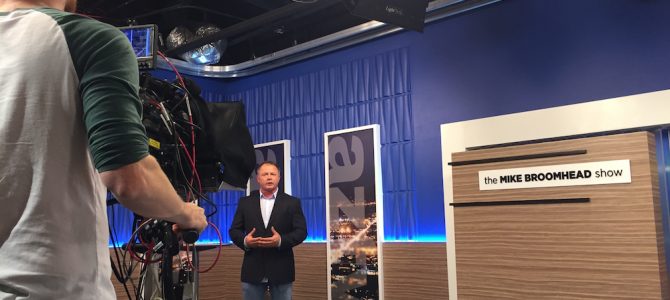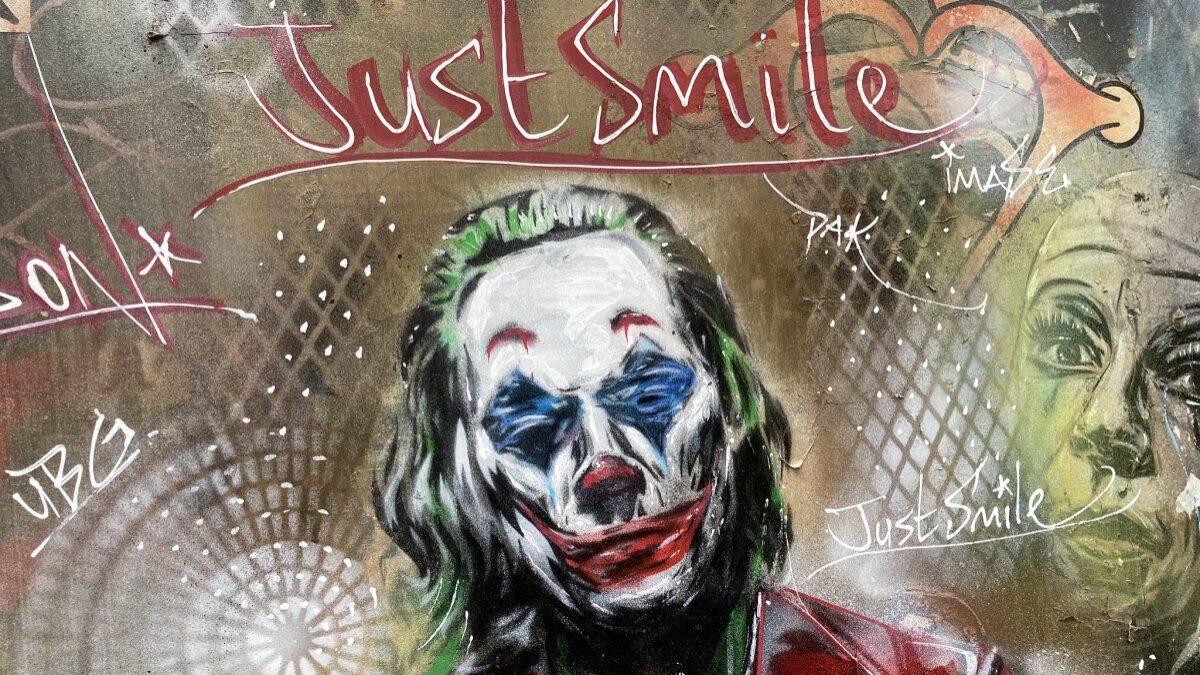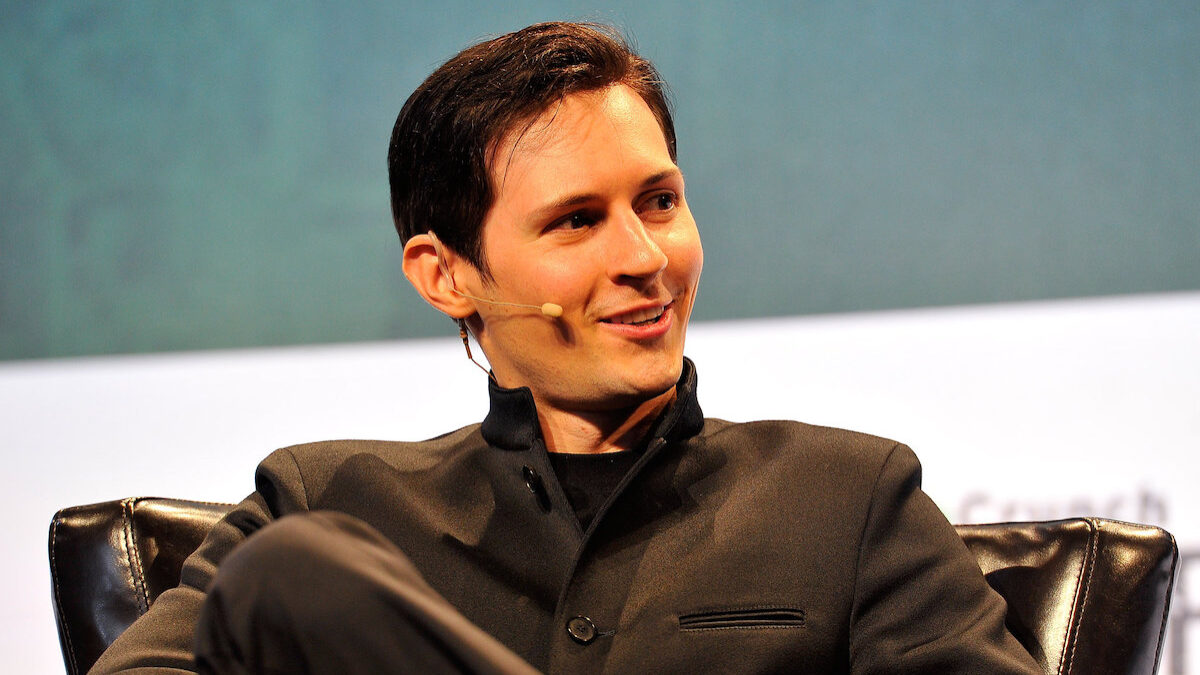
Mike Broomhead arrives at the KFYI studio in Phoenix at 3:15 a.m. By 9 a.m., he’s surrounded by a pile of news stories for show prep, a 16-ounce can of Red Bull, and an unopened bottle of Diet Coke.
Mike describes himself as a blue-collar guy. He doesn’t have a college degree and barely got a high school diploma. He’s also what a Hollywood casting director might call “ruggedly handsome”—in a brown H&M T-shirt, Phoenix Police Department hat, and worn-in Wranglers, he glides between segments and live commercial reads with no notes. Despite having no broadcast training, Mike has a natural ability to communicate. He’s among the most influential voices and leaders in Arizona and the military community.
It’s hard to say if Mike is a morning person, since for most people 3:15 a.m. is still the middle of the night. “I don’t sleep a whole lot,” he says. “My mind goes a thousand miles an hour.”
After the radio show ends at 10 a.m., Mike begins preparing for his weekly TV show on AZTV at the Londen Center building. Mike goes through the show map while eating lunch and walking around. He and his producer, Laura, bicker over a few topics, but when he leaves the room she notes, “He normally gets his way.”
From Bull Rider To Talk Show Host
Back in 1995, at age 27, Mike left his Florida hometown of Ft. Myers and drove to Arizona, because he wanted to become a professional bull rider.
“I decided I wanted to be a rodeo cowboy and I thought, ‘If I don’t do this now when am I ever going to be able to?’” he says. “I had no idea what path my life would take, but I knew that’s what I wanted to try. I came to Arizona and I tried it and I never regretted it because it was worth the risk.”
Mike broke numerous bones—some twice—and admits he was terrible at bull riding. “The first time you ride and you get to that eight-second whistle it doesn’t matter what that bull is,” he says. “You feel 10 feet tall and bullet proof. It is the best feeling of accomplishment because it’s terrifying.”
Mike and his two brothers were raised by a hardworking single mom, who he credits for teaching him diligence and tenacity. While he and his brothers got new school clothes, their mom didn’t buy new clothes for herself in well over 10 years, instead taking hand-me-downs from her coworkers.
“When I got to be an adult I remember thinking how focused you are as a kid on having the right clothes,” he says. “It kind of hit me one day that my mom would actually go to work in hand-me-down clothes from her coworkers, and I thought of how she must have felt.”
The Phone Call That Changed Mike’s Life
Mike got his first job at 12, and dreamed of one day joining the military or law enforcement. Unfortunately, an injury during basic training sidelined him, so he went on to start his own business after his bull riding stint. His brother Thomas joined the military, and his brother Bryan became a law enforcement officer.
In 2003, Mike got a call that changed his life. It was from a Florida number he didn’t recognize.
“Hey my name is Ken and I work with your mom,” the man on the other line said. “I don’t know how to tell you this, but your brother was killed in Iraq.”
Mike was stunned. It was early in the war, and his brother Thomas was among four soldiers killed on Memorial Day. The Military Times reported, “Broomhead was on guard at a checkpoint when a vehicle pulled up and assailants fired on him.”
On his brother’s commitment to the military, Mike says, “He loved what he was doing. He loved the Army. He was in the Marine Corp in the first Gulf War and got out in 1994. He reenlisted in the Army in 2000 and wanted to be a recruiter. This was going to be his career.”
The Military Times reported that at the public memorial in Ft. Myers, Mike “delivered poignant messages to several groups of people.” Some of the event attendees were protesting the war. Mike recalls addressing them, asking “respectfully that you remember it’s because of this kind of sacrifice that you have the ability to protest.”
“When I said that people applauded so loudly that it scared us,” he says. “My brother and I both were stunned.”
Telling the Stories of Heroes
After that, Mike decided he wanted to tell his brother’s story. “You find out very quickly when you start going to pro-troop events with other Gold Star Families that there are many other stories of what men and women have done in sacrifice to their country,” he says. “You realize pretty quickly that that heroism is pretty commonplace. I would speak out and I guess I had a gift for public speaking and it turned into this career, but I never lost sight of the fact that if it weren’t for my brother’s sacrifice I wouldn’t be where I am.”
In just a few years, Mike went from calling into a local radio show to being a scheduled guest. That led to being a fill-in host, then to a weekend hosting gig. Eventually, Mike was offered his own radio and TV shows, including filling in for Glenn Beck’s national radio show, appearing on The O’Reilly Factor, and being a popular public speaker.
Given the difficulty of having a painful tragedy so closely intertwined with his career, Mike doesn’t believe that he’s entitled to anything. “What I get to do is a privilege,” he says. “It is entertainment and you can’t take it any more seriously than that, but it’s a privilege and I don’t want to waste a day of it. I don’t want to waste the listeners’ time. I don’t want to waste my brother’s legacy.”
Faith has played a large part in Mike’s life. He remembers a speech he made at his brother’s funeral, outside Fort Carson in Colorado. “Every wife and girlfriend of my brother’s platoon was there while their husbands and boyfriends were still fighting,” he says. “They were all there and they all knew Tom. Individually, a part of them were heartbroken, and a part of them were so thankful it wasn’t their soldier.” Speaking to those women pushed Mike to lean on his faith. “No one will ever convince me that God didn’t put me here,” he says.
Mike takes pride in speaking at events like the Phoenix Navy Birthday Ball and the Phoenix Policemen’s Ball. “I worked hard for a long time, but it’s been a long time since I worked hard,” he says. “It’s not the same. I’m not putting tools on and working in 110 degree temperatures, but I do work long hours. I just love it and I’ll do it for as long as they let me.”
Offering Common-Sense, Not Political Platitudes
On politics, Mike is a man made for this time in history. The public looks to people like him and Mike Rowe, who echo common-sense beliefs rather than political platitudes.
But even though politics is a big part of the discussion on Mike’s shows, it’s not the only thing. Sports, music, politics, and entertainment are all in the show’s realm of discussion. “I approach the show as if we were out at a bar having a drink and discussing whatever’s on our mind that day,” Mike says. “Here in Arizona the Cardinals are one and three, but predicted to win the Super Bowl. What the heck is going on? How do I not talk about that on the show?”
As Americans head to the polls to make what many believe is a difficult choice, Mike has a clear view on what one of the most important issues will be for him and his family. “When Hillary Clinton says part of her platform is that the wealthy in this country pay their fair share, it boggles my mind,” Mike says. “We used to reward success in this country, and we just don’t anymore.”
He believes America’s success is not just about benefits to his own wallet, but also about the opportunities available to his children and grandchildren. “My oldest grandkid is five,” he says. “In 15 years, he’s either going to be in college or in the workforce. What are we going to do in the next 15 years to give him an opportunity?”
An Open-Minded Cowboy At Heart
Mike is a cowboy-at-heart, and has grown to love the open-minded attitude of Arizonans. He has genuine curiosity about the opinions of his show’s mainstays, Andrew Babinski and Rob Hunter. Rather than interrupt like most hosts, he listens.
Unwinding after a day of radio and TV commitments can be difficult, but Mike enjoys unwinding by going to the gym and lifting weights. “I train at a place here called Urban Garage and they are just the best because they push me,” he says.
Mike has two daughters and three grandkids. Spending time with them is another way he unwinds. “I told you I don’t sleep, but I do when I’m with them,” he says. “I don’t want to, but I just get so relaxed. I’ll lie on the floor and they’ll come and wake me up by jumping on me. I just get in this content place.”
When he talks about his family, he flashes a boyish smile and his eyes light up. “The oldest one is named after my brother, Thomas Francis. He hugs me and says, ‘You’re my hero.’ How is there anything more perfect than that?”









